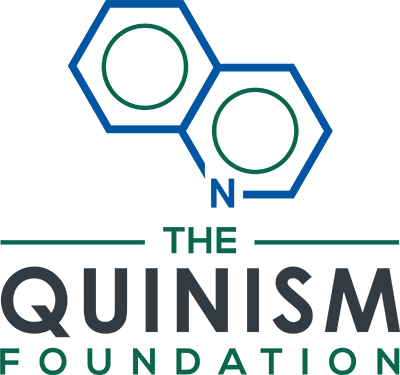The Quinism Foundation Partners with Lifemark Health Group to Identify Canadian Veterans at Risk from Exposure to the Antimalarial Drug Mefloquine
The Foundation Announces a Pilot Program to License the Two-Question White River Mefloquine Instrument (WRMI-2) to Assist in Identifying Canadian Veterans with Disability from Dizziness, Balance Issues, and Other Conditions Potentially Caused by Mefloquine Exposure
WHITE RIVER JUNCTION, VT. (PRWEB) SEPTEMBER 17, 2018
The Quinism Foundation has partnered with Lifemark Health Group to license the two-question White River Mefloquine Instrument (WRMI-2) as part of a pilot program to screen self-identifying Canadian veterans for a history of symptomatic exposure to the antimalarial drug mefloquine.
“We are very pleased to make our White River Mefloquine Instrument available to our partners at Lifemark Health Group,” said Remington Nevin, MD, MPH, DrPH, executive director of The Quinism Foundation.
“Mefloquine exposure may be the cause of several disabling conditions, including dizziness, vertigo, tinnitus, loss of balance, and mental health issues,” said Dr. Nevin. “These symptoms are often misattributed to other conditions, including traumatic brain injury and post-traumatic stress disorder. For this reason, use of the WRMI-2 should be considered standard of care during the evaluation of veterans at risk of mefloquine exposure.”
Dr. Nevin cautions that the WRMI-2 is not a clinical screening tool and does not provide a medical diagnosis or a legal determination in disability evaluations. Instead, the WRMI-2 is an exposure assessment instrument, intended to assist clinicians in identifying veterans who may be at risk of disability as a result of their exposure.
“If the veteran reports symptomatic exposure, it is important to obtain a detailed mefloquine history and conduct appropriate examinations, retaining an index of suspicion that certain chronic neuropsychiatric signs or symptoms could represent effects of a medical condition also known as chronic quinoline encephalopathy or neuropsychiatric quinism.”
“Lifemark is proud to partner with The Quinism Foundation to include the WRMI-2 as part of its vestibular (dizziness & balance) assessment available to Canadian veterans at the majority of its 175+ clinics throughout Canada,” said Sheelah Woodhouse, Director of Vestibular Rehabilitation. “This pilot program will help us identify potentially useful information in seeking to provide the best care to our patients. In addition to our vestibular physiotherapists addressing dizziness and balance issues, our occupational therapists and psychologists will be involved in the project to assist with addressing mental health issues.”
The foundation announced the partnership with Lifemark in advance of its Annual Educational Meeting, to be held September 18th, 2018, at 1pm, at the Royal Canadian Legion Dominion Command, in Ottawa, Ontario. During the meeting, which is focused on the needs of Canadian veterans and their families, attendees will learn about use of the WRMI-2 instrument in clinical evaluations, and how to evaluate potential disability from mefloquine exposure. The foundation will also provide an update on current research related to mefloquine and its association with tinnitus, dizziness, vertigo, and other conditions.
About The Quinism Foundation
The Quinism Foundation, founded in January 2018, in White River Junction, Vermont, promotes and supports education and research on quinism, the family of medical disorders caused by exposure to quinoline drugs, including mefloquine and tafenoquine. Executive director Dr. Nevin is a board-certified occupational medicine and preventive medicine physician and former U.S. Army medical officer and epidemiologist. He is author of more than 30 scientific publications on malaria and the quinoline antimalarials, including “Screening for Symptomatic Mefloquine Exposure” (see: https://www.mdedge.com/fedprac/article/132560/mental-health/screening-symptomatic-mefloquine-exposure-among-veterans).
About Lifemark
Lifemark Health Group (http://lifemark.ca) is a market leader in customized healthcare solutions. With over 20 years of service excellence, Lifemark Health Group is one of the largest, most trusted, and most comprehensive providers in Canada. As a national healthcare company, Lifemark Health Group has over 2500 highly-trained clinicians and medical experts in over 175 locations coast-to-coast.
1. Nevin RL. A serious nightmare: psychiatric and neurologic adverse reactions to mefloquine are serious adverse reactions. Pharmacology Research & Perspectives. 2017; 5(4): e00328.
2. Livezey J, Oliver T, Cantilena L. Prolonged Neuropsychiatric Symptoms in a Military Service Member Exposed to Mefloquine. Drug Safety Case Reports. 2016;3(1):7.
3. Nevin RL. Limbic encephalopathy and central vestibulopathy caused by mefloquine: a case report. Travel Medicine and Infectious Disease. 2012 May;10(3):144-51.

